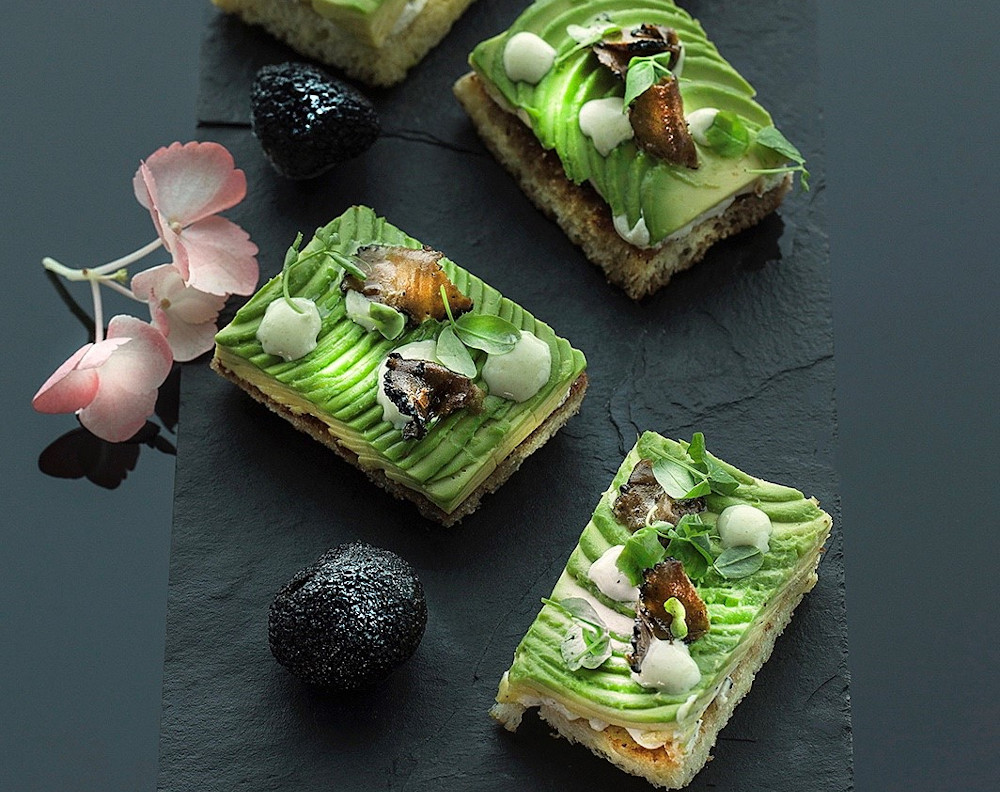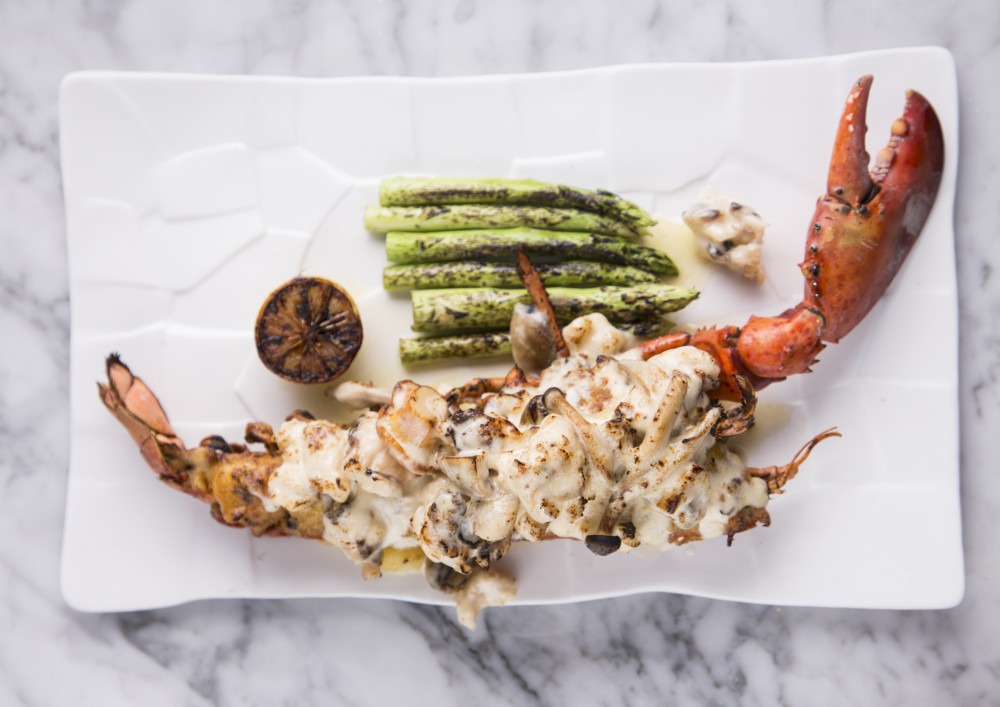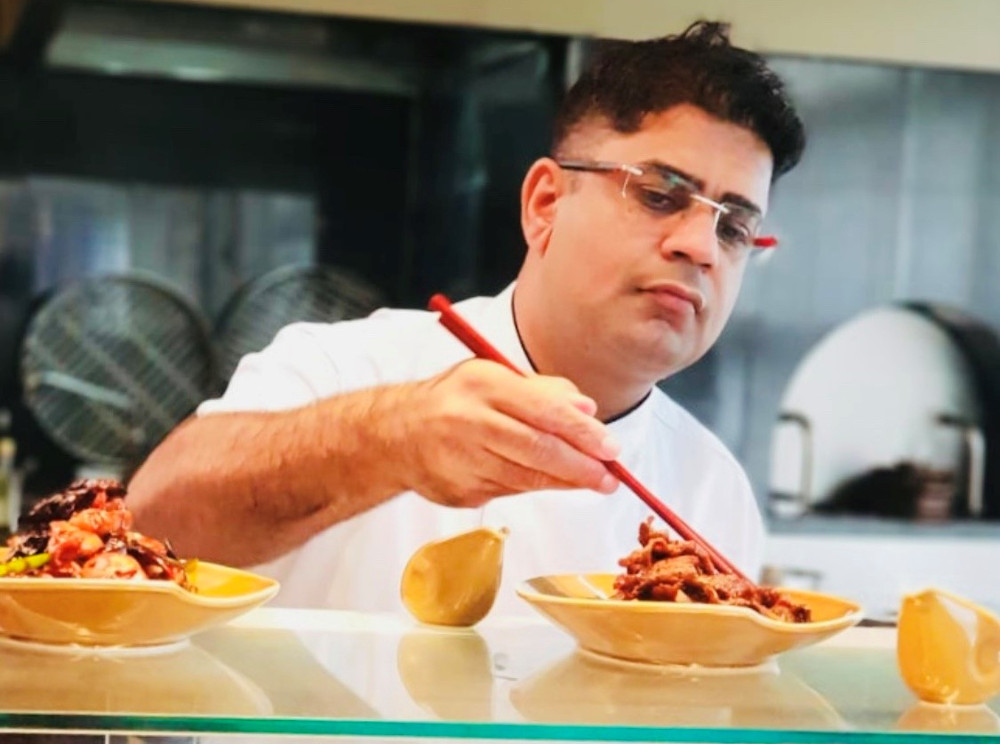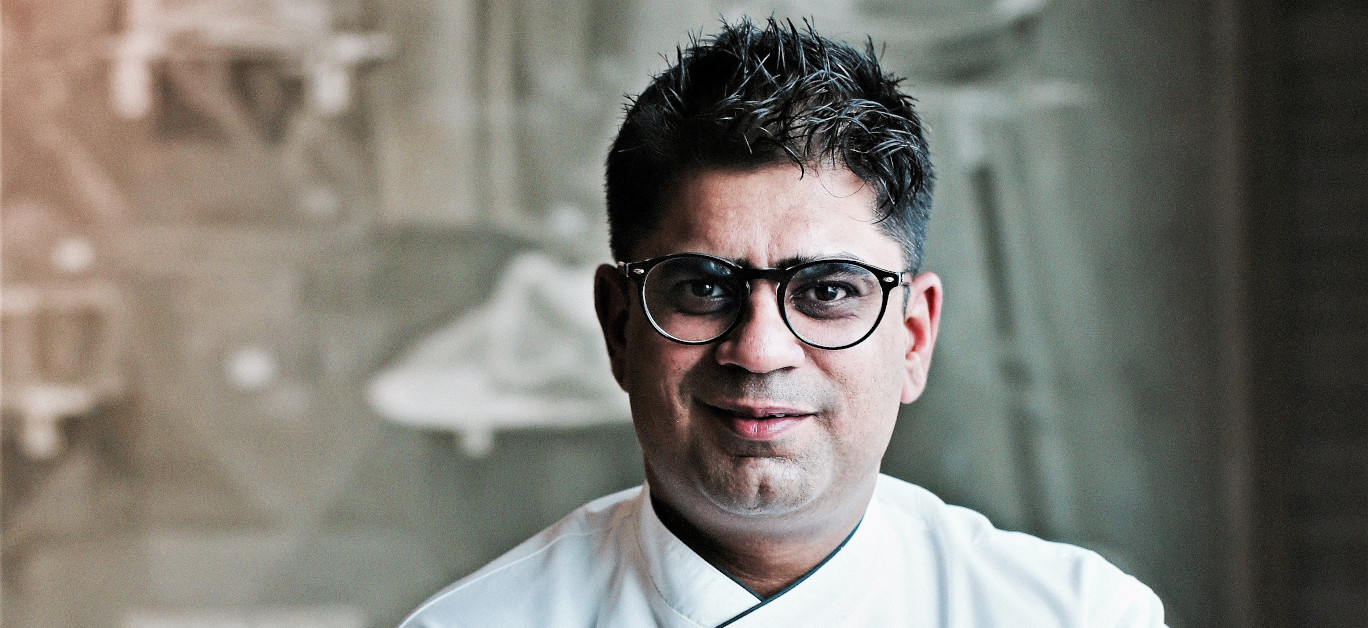Himanshu Taneja commenced his career with Marriott International in the year 2010 as executive sous chef at the JW Marriott Mumbai Juhu in India. In a span of three years he was promoted as executive chef of the hotel and in 2017 he moved to The St. Regis Mumbai as culinary director.
Given his remarkable contribution in growing the culinary operations of The St Regis Mumbai, Himanshu was appointed as culinary director for India in 2018. His repertoire and knowledge about the ‘science of food’ has resulted in his rapid growth and trajectory within the organisation and he was promoted as culinary director for South Asia, Marriott International.
With twenty years of experience, he is highly respected amongst his peers both within the organisation and in the industry. Himanshu is currently working on talent development and training, he is very instrumental in positioning the brand’s food and beverage reputation in the country having curated concepts that are both innovative and trend setting.
How has the virus outbreak affected your work? Tell us about your coping mechanism personally and professionally. How do you plan to reinvent how you work?
The food and travel industry has always evolved in spite of any odds through the decades. This industry is definitely going to evolve again and may be getting even better. Our resilient industry is looking back in history and at itself from many different angles to come up with the best sustenance for a better future.

Vegan cooking and vegan restaurants; how easy or difficult is it? And what are your previous experiences with it? What is the secret of a good vegan kitchen? What about the suppliers, are there enough in India currently and are they easily accessible?
India is very rich in local farming resources – which we call the local produce. Culturally also it is very sustainable. The secret of a good vegan kitchen is to know the perfect alternatives. Every time I have tried a vegan dish or a vegan menu, to my surprise people have liked it, the only thing we need to keep in mind is the palate.
Have you ever worked with meat substitutes? If yes, what are the pro and cons?
Being in such a vast ocean of culinary democracy we have a lot of choices when it comes to meat substitutes always. It would not be right to compare any ingredient with another. There is never a right or a wrong taste, it can just be a matter of simple mind set or perception.
How can restaurants, hotels and chefs communicate the approach of innovative sustainable plant-based food/ food chains to others?
While health is the priority on choosing what we eat, so is the comfort in preparing it. Today people know and learn about food. We rarely need to really educate them about their eating habits or choices. Easy access to social media and recipes from home chefs makes it even easier to spread the awareness and the good word on any new food concept.
What are the challenges for chefs/restaurants with an increasing demand for vegetarian or vegan menus?
If we talk about sustainability of vegan supply chain comparing it with all others, it is absolutely much more seamless. This may surprise you, but the fact is that crop farmers in our country have always been known as the food producers rather than the livestock farmers.

Tell us about your two most popular preparations in line with this concept (sustainability). How does it help local farmers/suppliers?
Rice is the most staple diet on the planet and grown with many varieties geographically. I love to keep cuisine centric rice preparations on the menu. Healthy salads made from locally sourced fresh produce to support farmers for example, locally made cheeses, seasonal vegetables, leaves, micro greens and fruits.
Please tell us more about the concept of zero wastage and how you have contributed to it so far. Does this put pressure on your budgets?
Thirty percent of food is wasted globally across the supply chain, contributing eight percent of total global greenhouse gas emissions and our focus remains on reducing food wastage.
For a long time India had more vegetarians as compared to those who ate non vegetarian food, do you think we are going back to the previous times where more people are now advocating vegetarianism?
Being vegetarian is not just the matter of taste or religion anymore. Being vegetarian now looks even more prominent as a preference or a personal choice. The graph on vegetarian choice is observed to be increasing year on year.

What about the supplies to enjoy great cooking at home? What are your recommendations so that people can stock up ingredients with a larger shelf life during these unpredictable times? Tell us about your two most popular preparations which people can try these days while at home.
Sources of carbohydrates, which includes healthy grains, plant-based protein like lentils, legumes and healthy fats. I recommend healthy lentil soup which helps to boost immunity and serves as comfort food for many people. I would also recommend making varieties of breads made with healthy grains at home these days.
What has been your work mantra in the hotel industry all these years? How has the role of a culinary director evolved over the years? What do you bring to the hospitality industry – your philosophy, passion etc.
Being hands on and getting the basics right must be the foundation for a successful culinary journey. Like any other role in life, coordination and support of your team becomes the strongest pillar to success. Generating talent for the industry stands out to be the philosophy to bring success on the table, not only for a person or organisation but for the entire industry as a whole.
What is your typical day like these days during the lockdown? What do you miss most while working from home? And what do you enjoy most during this period?
While I am surrounded and completely motivated by #MarriottStrong my personal life and daily routine even during the lockdown stands out to be an engaging one. I am still very much in the routine of getting up early, working on all projects in hand and defiantly getting my apron on to cook for my family. Though, while I am cooking at the kitchen in my house, one thing that I miss the most is the heavy range and hot plates.
How do you think hoteliers should take care of their mental and emotional wellness during this tough phase?
The current phase is tough for everyone but thinking ahead and pushing all our energy towards healing is a must. Instead of thinking negatively about what is happening, we must focus on what more and better can be achieved. Keeping this mindset we are working on a strong reopening plan, which is going to be stronger than any setback.






















